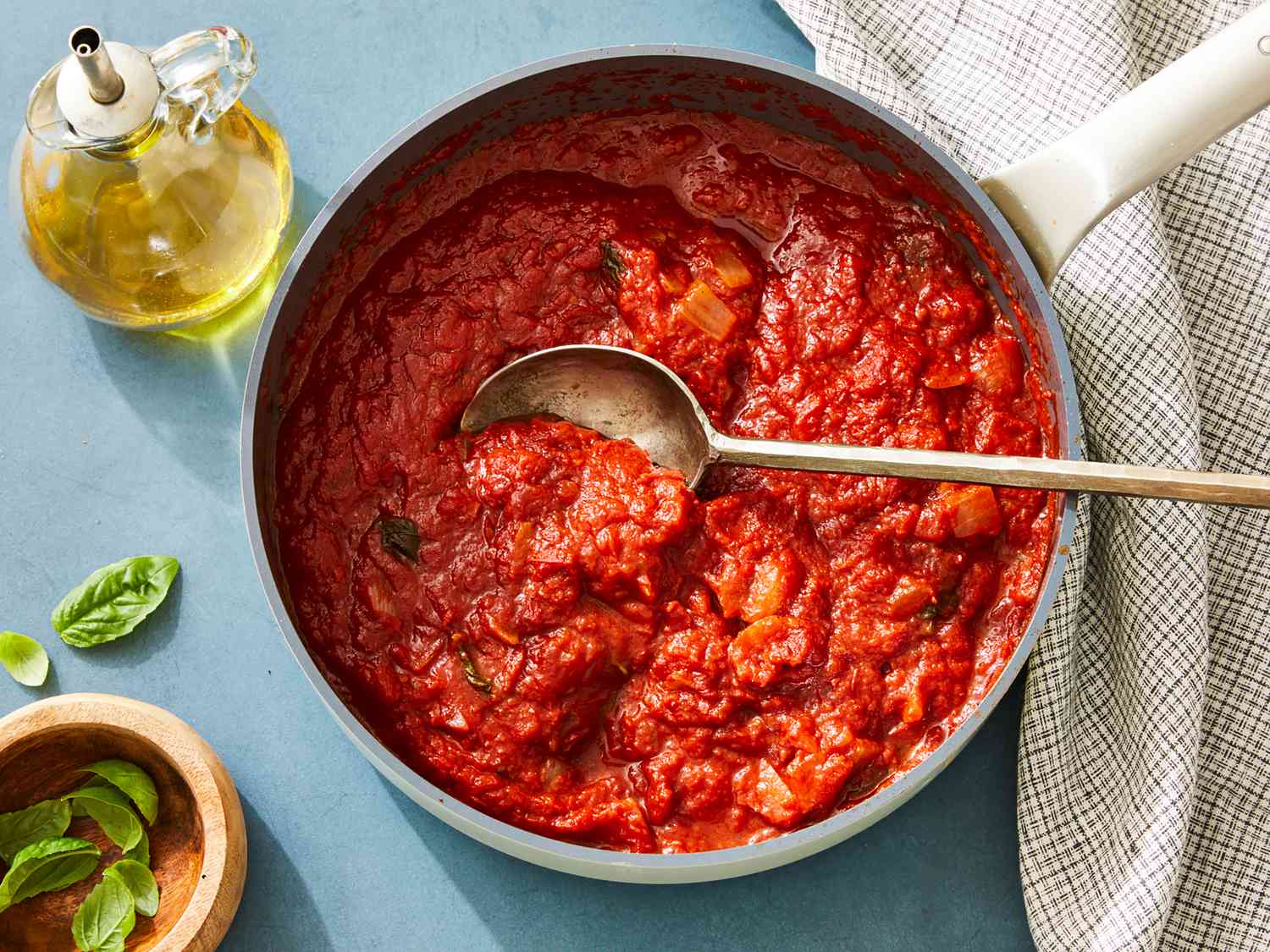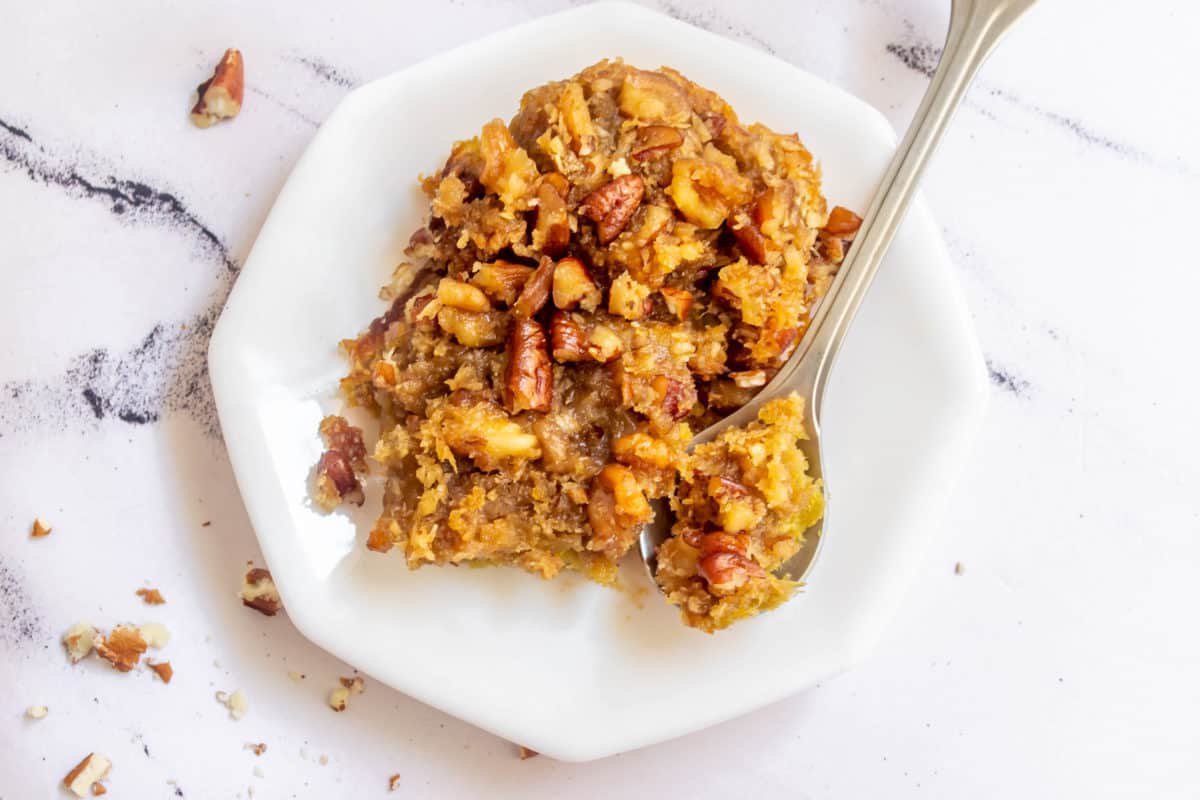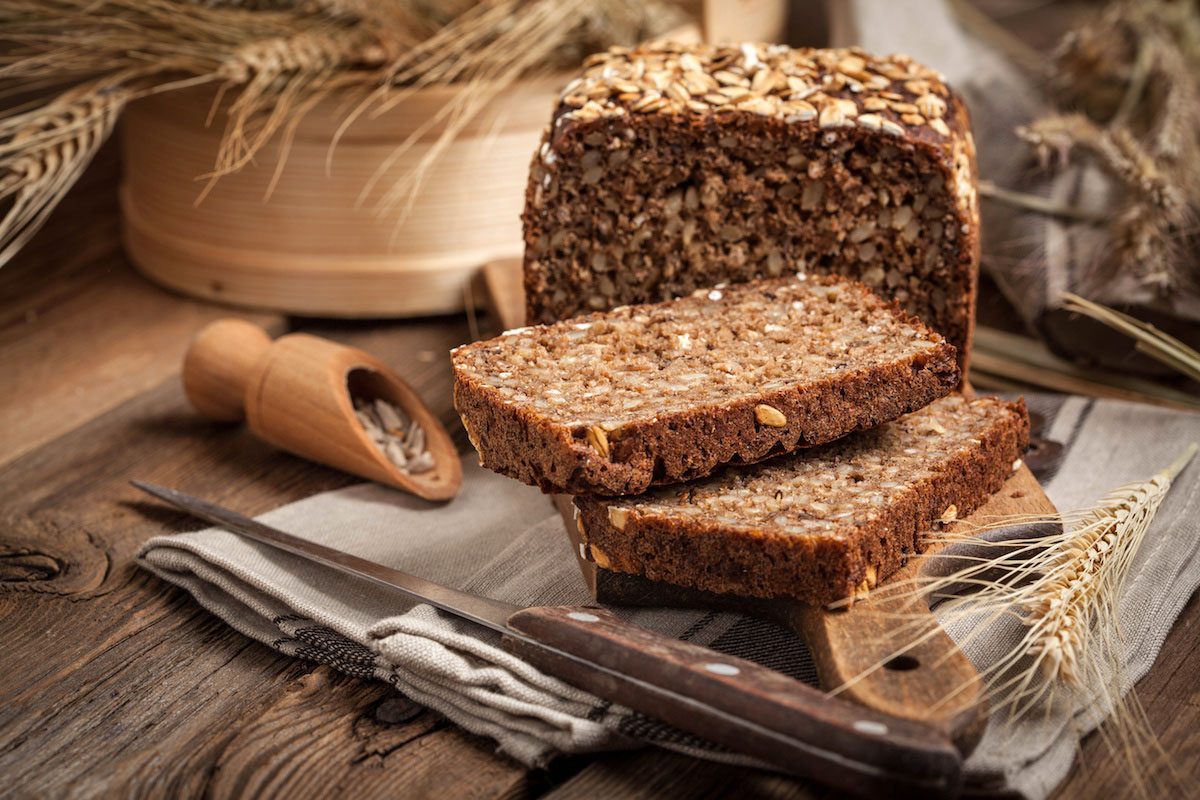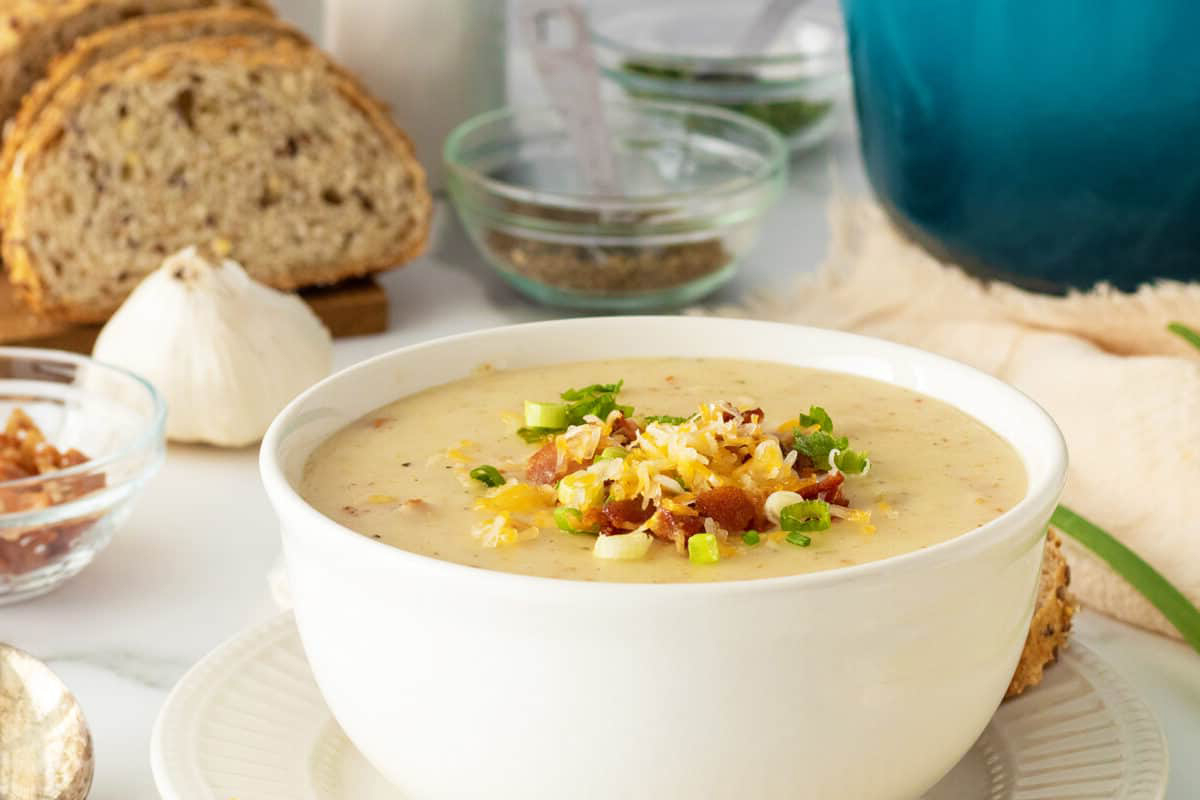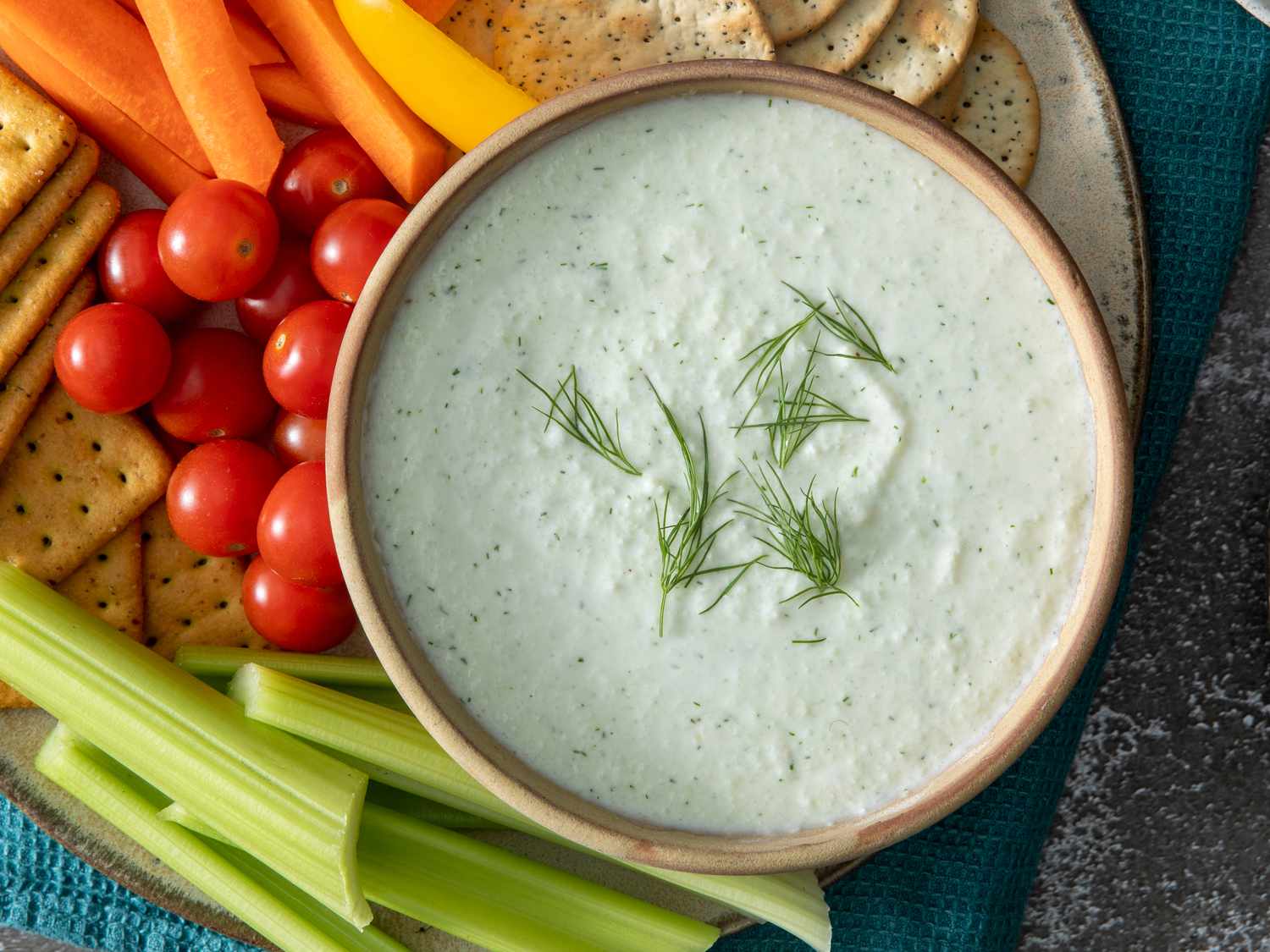The Difference Between Virgin and Extra Virgin Olive Oil
When it comes to cooking with olive oil, you may have noticed that there are different types available, such as virgin and extra virgin. But what exactly is the difference between the two? Let’s take a closer look at these popular cooking oils.
Virgin Olive Oil
Virgin olive oil is made from the pressing of olives without the use of heat or chemicals. It is the result of the first pressing of the olives, and it has a lower acidity level compared to other olive oils. This type of olive oil is known for its mild flavor and is suitable for cooking at medium temperatures. It is a versatile oil that can be used for sautéing, roasting, and even in salad dressings.
Extra Virgin Olive Oil
Extra virgin olive oil is also made from the first pressing of the olives, but it has an even lower acidity level compared to virgin olive oil. It is considered to be the highest quality olive oil, known for its superior taste and aroma. Extra virgin olive oil is best used in dishes where its flavor can shine, such as drizzling over fresh bread, using in salad dressings, or as a finishing oil for dishes like pasta or grilled vegetables.
Key Differences
Now that we understand the basic definitions of virgin and extra virgin olive oil, let’s highlight the key differences between the two:
- Acidity Level: Extra virgin olive oil has a lower acidity level compared to virgin olive oil, making it of higher quality.
- Flavor: Extra virgin olive oil has a more pronounced flavor and aroma compared to virgin olive oil, which is milder in taste.
- Best Uses: Virgin olive oil is suitable for cooking at medium temperatures, while extra virgin olive oil is best used in dishes where its flavor can stand out.
Which One Should You Choose?
When it comes to choosing between virgin and extra virgin olive oil, it ultimately depends on the dish you are preparing. If you want a mild and versatile oil for cooking, virgin olive oil is a great choice. However, if you want to add a distinct flavor and aroma to your dish, extra virgin olive oil is the way to go.
Both types of olive oil offer health benefits and can be part of a balanced diet. They are rich in monounsaturated fats and antioxidants, which are good for heart health and overall well-being.
Conclusion
While both virgin and extra virgin olive oils are derived from the first pressing of olives, the key differences lie in their acidity levels, flavor profiles, and best uses. Understanding these differences can help you make informed choices when it comes to cooking and enjoying the wonderful flavors of olive oil.
Next time you reach for that bottle of olive oil, consider the dish you are preparing and whether you want a subtle or pronounced olive oil flavor, and choose between virgin and extra virgin accordingly.
Was this page helpful?
Read Next: What Is Ratatouille

